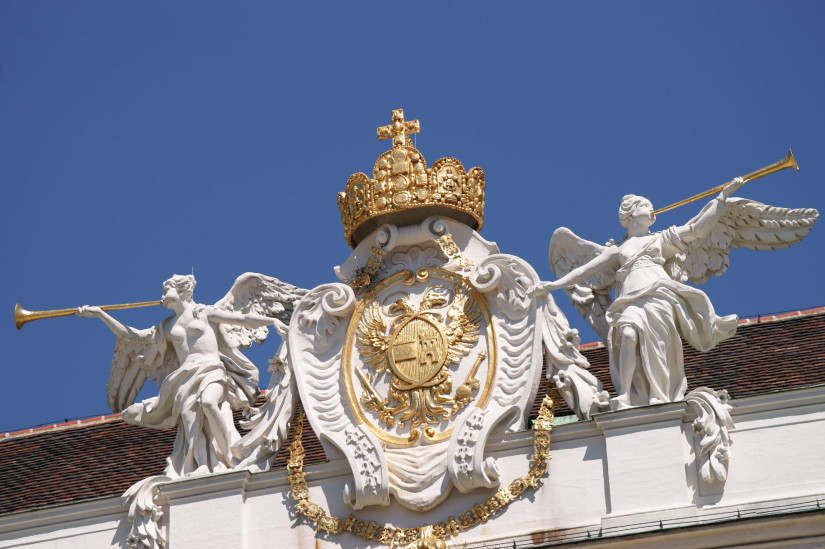
28 April 2019, 11.00-12.30
Solti Hall
Liszt Kidz Academy
Stories for Baroque Music  Presented by Liszt Academy
Presented by Liszt Academy
For 10-15-year-olds
Vivaldi: Four Seasons – Spring, RV 269
C. P. E. Bach: Trio Sonata in C minor, Wq 161/1 (‘Sanguineus und Melancholicus’) – 1st movement
J. S. Bach: Brandenburg Concerto No. 5 in D major, BWV 1050 – 1st movement
Zsombor Németh (baroque violin); Beatrix Belovári (baroque flute); Noémi Konta (harpsichord)
Simplicissimus Chamber Ensemble (artistic director: Zsombor Németh)
Moderator: Dániel Mona
It is often said that music is like a language, a language in which the instruments speak. But what does music say, and how is it capable of relating a story if it is not supported by text? The spring 2019 concerts of the Liszt Academy’s youth series, Liszt Kidz Academy, which is targeted at 10–15-year-olds (as well as their parents and grandparents), seek answers to these questions. Simplicissimus Ensemble whisk the young audience off to the world of Baroque music in this final programme of the series, back to an age when everything was about expression in music, and when instrumental music was considered the daughter of vocal music, so that as children imitate their mothers, singers had to be imitated by instruments. We will find out how Johann Sebastian Bach’s highly talented son, Carl Philipp Emanuel, and Antonio Vivaldi were able to tell stories purely with the help of notes, and we will learn what messages these works relay.
Presented by
Liszt Academy Concert Centre
Tickets:
HUF 1 500


